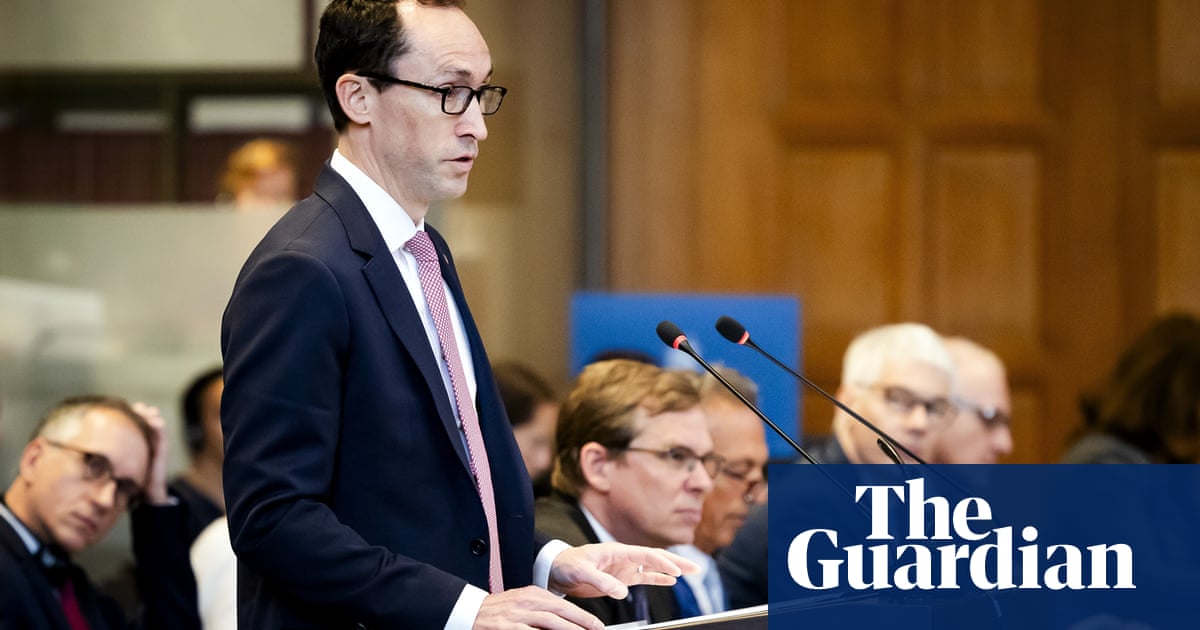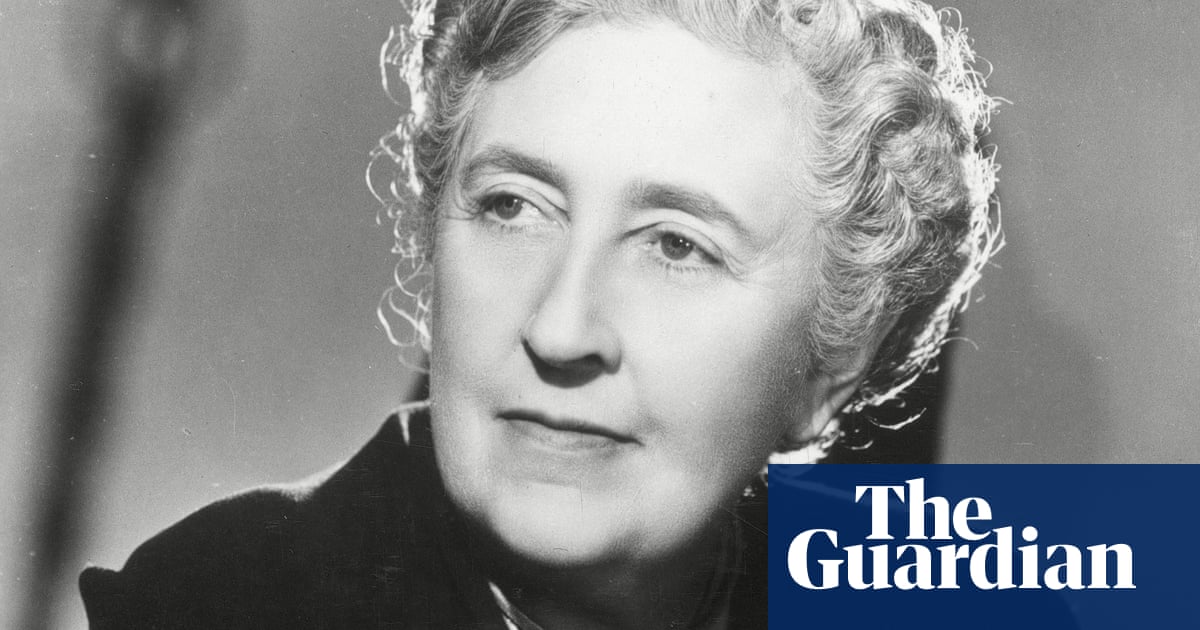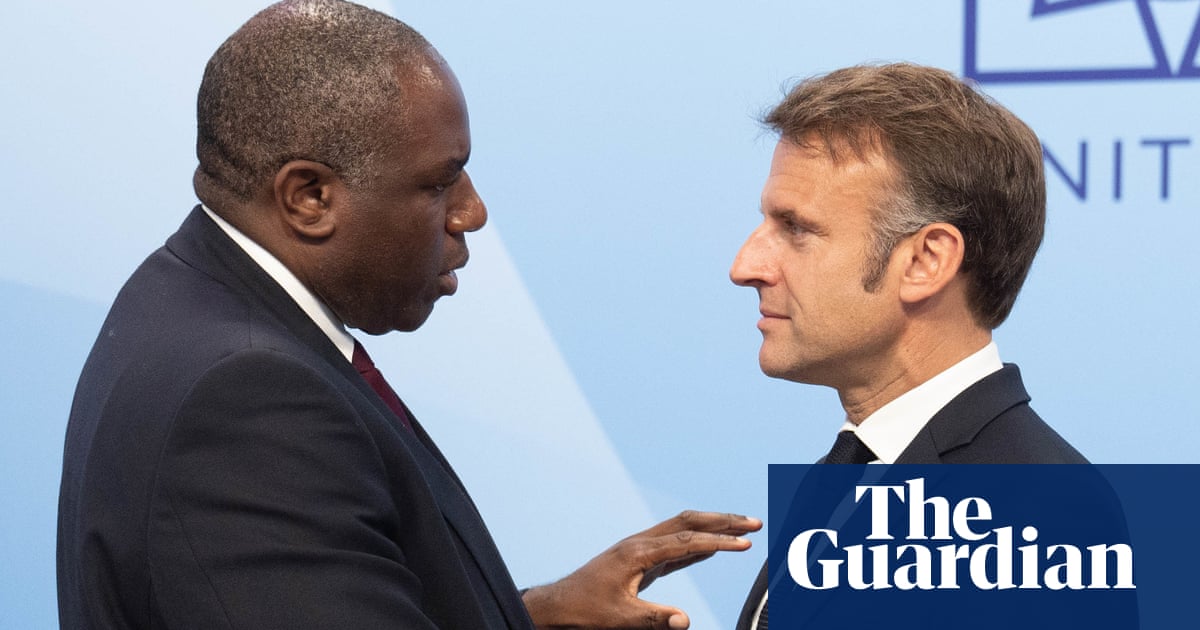Only a few months ago, Labour won the most votes and a majority of seats in Scotland for the first time since 2010. A 16-point swing from the Scottish National party yielded a harvest of 37 Westminster Labour MPs. The SNP, which had changed leaders twice in little over a year, plummeted from 48 Westminster MPs to a mere nine.
Yet if anyone assumes Labour is now in the driving seat of Scottish electoral politics again, they have not been paying attention. A poll last week showed Labour facing its worst Holyrood election result since devolution began, with only 18% of Scots planning to vote for Anas Sarwar’s party when the Scottish parliament comes up for election in 2026. The SNP, meanwhile, is on course to be the largest party at Holyrood again, potentially enabling the current first minister, John Swinney, to form the nationalists’ fifth consecutive devolved administration.
With more than a year to go before the Holyrood vote, much may obviously change. Nevertheless, the figures provide a sobering backdrop to this weekend’s Scottish Labour conference in Glasgow. This gathering, which Mr Sarwar addresses on Friday, followed by Sir Keir Starmer on Sunday, could have been a celebration of one victory and a launchpad for a second. Instead, the conference is likely to be a reality check for Labour on the turbulent Scottish and British political landscape after a quarter of a century of devolution.
Part of Labour’s rapid decline in Scotland is undoubtedly explained by the Starmer government’s poor start last year. Cuts in winter fuel payments were an early blow. National insurance rises and Labour’s refusal to compensate the Waspi women campaigners or to change the two-child welfare cap did damage too. Yet these policies were unpopular in England and Wales as well as in Scotland.
The difference is that all these issues were exploited by the SNP in ways that the main opposition party in England, the Conservatives, could not match. The upshot in Scotland is that Mr Swinney has been able to steady the SNP ship, steering his party away from arguments about identity and back towards economic and social justice issues. In England, meanwhile, Kemi Badenoch is getting almost nowhere.
Yet the SNP’s recovery owes at least as much to Nigel Farage as to Mr Swinney. Reform UK is now on 14% in Holyrood polling, and has been able to attract support from Labour voters, older and working-class pro-union men in particular. That would give Reform UK around 15 Holyrood seats, despite having little campaign organisation in Scotland. The SNP is less vulnerable, since it can rely on pro-independence voters. As a result, even though SNP support is currently flatlining, it has pulled away from the other parties, as Labour slips and Reform UK advances.
The Starmer government has done important things for Scotland, especially on public sector pay. And the SNP government’s record is flimsy on several fronts, including health and education. Nevertheless, Mr Sarwar remains caught between the fiscal caution of the Labour government in London and the costly and often inefficient, but still popular, universalism of SNP welfare and health programmes nearer to home. In his pre-conference interview with this paper, Mr Sarwar said he recognised both the challenge and the importance of his speech to delegates on Friday. Scottish Labour has not yet articulated a distinct and convincing programme of its own. Yet that is what Mr Sarwar needs to do in Glasgow this weekend.
-
Do you have an opinion on the issues raised in this article? If you would like to submit a response of up to 300 words by email to be considered for publication in our letters section, please click here.

.png) 2 months ago
24
2 months ago
24













































